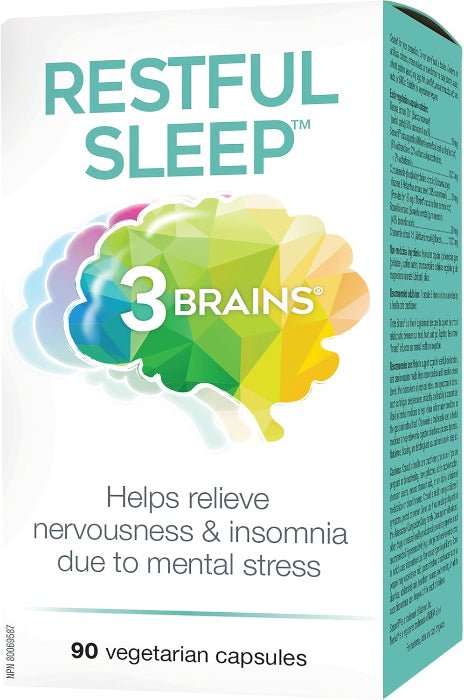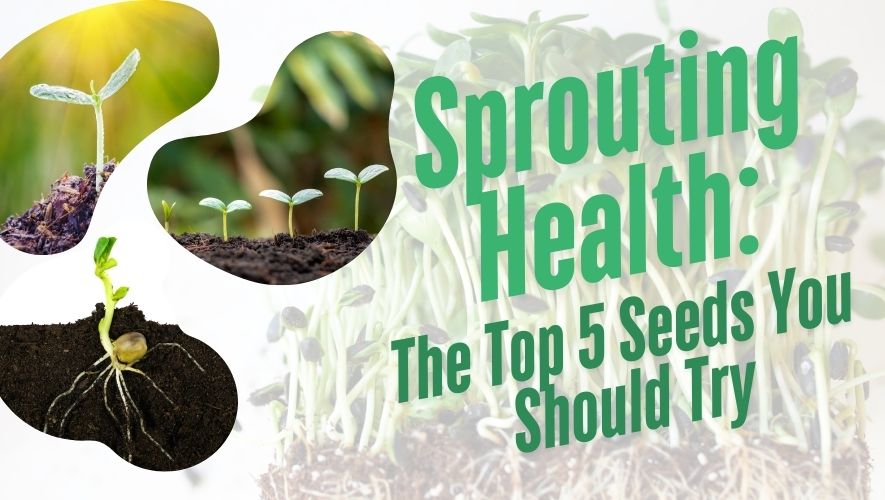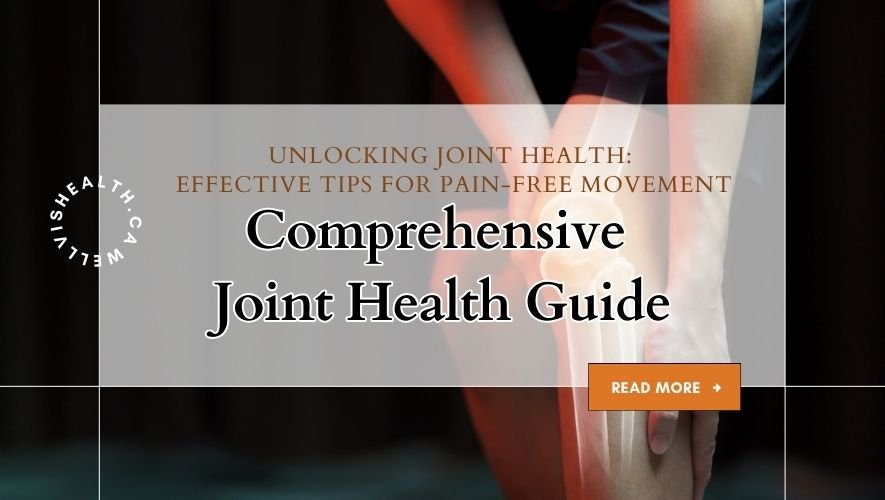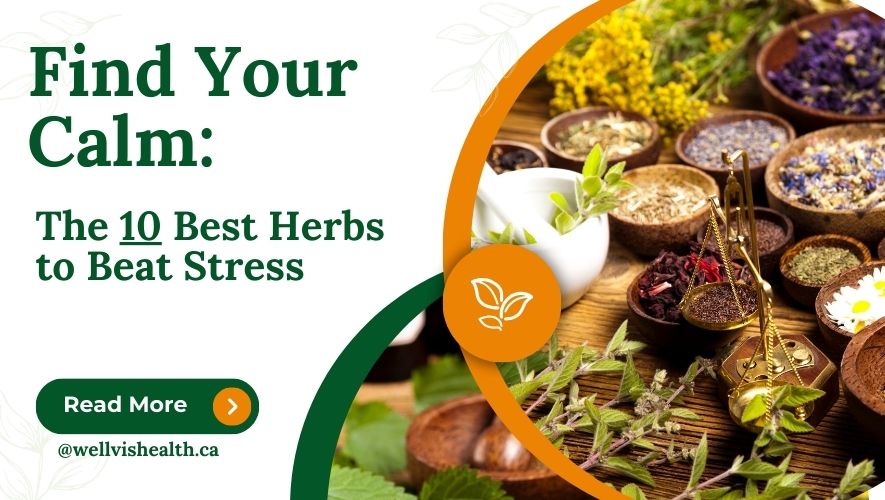In the previous article, we talked about the definition of geriatric depression and its symptoms. Care providers should be trained to detect the subtle changes in seniors’ behaviour or cognition responses.
At home, one may use the Geriatric depression scale, provided by The Hartford Institute for Geriatric Nursing, to self-evaluate the severity of geriatric depression. It is a simple questionnaire by simply answering yes or no questions. If you are suspecting a moderate-to-severe depression, you may refer to a professional practitioner or physician for further evaluation. Following are some lifestyle tips and related nutrients that could help with depression.

#1 A comprehensive diet and lifestyle-based intervention always come first in the treatment list. Exercise is a critical contributor to this intervention. According to Harvard’s journal, regular exercise helps to improve seniors’ daily activity functionality, such as the ability to walk, bathe, cook, eat, dress, and use the restroom. For the geriatric population, options of exercise include,
- Walking (improve mobility, and balance, promote Qi flow in the whole body)
- Water aerobics (benefits - Strengthen your heart, boost mood, fight a chronic infection, etc.)
- Chair yoga (benefits - safe, improve mental health and sleep quality)
- Resistance band workouts (benefits - strengthen the core, improves posture, mobility, and balance)
- Dumbbell strength training (benefits - manage back pain, weight management, enhanced glucose control)
#2 Healthy oil - Fish oil; two main essential fatty acids, EPA and DHA, account for major benefits of fish oil. Fish oil has antidepressant and mood-stabilizing effects in controlled human clinical trials. For symptoms of depression, the recommended dose ratio of EPA: DHA is 3:1 or greater. Nevertheless, it is mainly the EPA that is contributing to depression symptoms ease in the studies. It is generally safe for the geriatric population.
#3 Vitamin D; typical safe oral dose is 1000 IU for adults. Individuals with a diagnosis of depression typically have significantly lower blood levels of vitamin D compared to otherwise healthy populations. Studies showed vitamin D3 enhances mood in healthy subjects during winter. It is safe for the geriatric population.
#4 Herbal remedies for depression - St John’s wort, and passionflower.
St John’s wort could help with mild-to-moderate depression. Yet, if you are taking medications, please consult your doctor before taking them since there are drug interactions. For menopausal women with depression symptoms, Black Cohosh can be added with St John’s wort for a better outcome. Passionflower is a generally safe herb used to relieve symptoms of depression and its comorbidities, such as anxiety, insomnia, and stress.
#5 Amino acid supplements for depression - SAMe, 5-HTP, NAC, L-Tryptophan, L-Tyrosine
These amino acids are helpful natural antidepressants.
- S-adenosyl-L-methionine (SAMe) is naturally found in the body helping hormonal regulations and cell membrane integrity. Studies show SAMe could be an effective antidepressant in most cases. However, it is a costly supplement. SAMe might interact with prescribed antidepressants, and better not to take them together.
- 5-hydroxytryptophan (5-HTP) is a type of modified essential amino acid that is a serotonin precursor in the body. Since it has the property of increasing serotonin in the body, conditions associated with decreased/down-regulated serotonin (including depression) can be alleviated by 5-HTP. However, pay attention to serotonin syndrome if you are also taking drugs that increase your serotonin level, such as SSRI and SNRI, commonly used in depression treatment in conventional medicine.
- N-acetyl cysteine (NAC) is a modified amino acid that can be converted to glutathione, a powerful antioxidant naturally found in the body. Studies demonstrated that NAC significantly reduces depressive symptoms and improves daily functioning. NAC generally is safe and well-tolerated by most people.
Others to consider:
- Vitamin B’s - B6, folate and B12; as key co-enzymes and nutrients in the body. Vitamin Bs have a significant impact on energy metabolism and brain functions. You may have heard of vitamin B's used in various mental health issues. For depression, folic acid and vitamin B12 have more value in symptomatic relief for individuals with low homocysteine blood levels.
- Inositol/ phosphatidylcholine - nutritional Brain food; these are good add-on options for patients who have been using a prescription antidepressant medication for several years. Older adults tend to have lower choline uptake. Phosphatidylcholine can provide extra nutritional support for brain health.
The therapeutic effect is dose-related. All the remedies have a maximum allowable dosage and maximum safe dose. If you go higher than the bottle label suggested, you must consult a health care practitioner before doing so.
Bottom line - no remedy is safe. Though some supplements have better safety portfolios than others, you still need to carefully check with your current supplements/medications, or consult with healthcare practitioners.
Last but not least, geriatric depression needs care and love from family and friends. It can be easily overlooked, but never underestimate its harm.
Reference
- Geriatric depression scale: https://wwwoundcare.ca/Uploads/ContentDocuments/Geriatric%20Depression%20Scale.pdf
- Webpage: https://www.seniorlifestyle.com/resources/blog/7-best-exercises-for-seniors-and-a-few-to-avoid/
- Katarzyna Janda, Karolina Wojtkowska, Karolina Jakubczyk,* Justyna Antoniewicz, and Karolina Skonieczna-Żydecka, Passiflora incarnata in Neuropsychiatric Disorders—A Systematic Review. Nutrients. 2020 Dec; 12(12): 3894.Published online 2020 Dec 19. doi: 10.3390/nu12123894
- Website: https://www.mayoclinic.org/drugs-supplements-same/art-20364924










